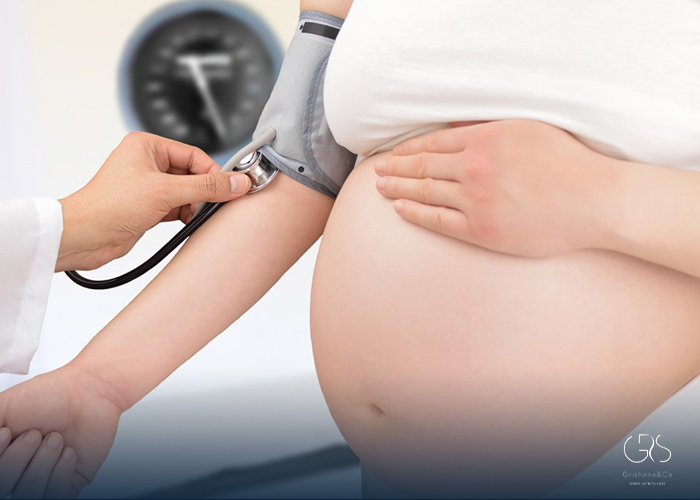Realizing that you might be pregnant can bring about a range of emotions. Whether it is a planned or unexpected pregnancy, being aware of the early signs can help you make informed decisions about your health and future. In this article, we will explore some common early signs of pregnancy, accompanied by relevant statistics and diverse perspectives.
Early Signs of Pregnancy:
1.Missed Menstrual Period:
One of the most significant indicators of pregnancy is a missed menstrual period. According to the American Pregnancy Association (APA), this is often the first sign that prompts women to take a pregnancy test. However, it is important to remember that other factors such as stress or hormonal imbalances can also lead to a missed period.
2.Breast Changes:
Changes in the breasts can occur early in pregnancy. Some women may experience tenderness, soreness, or enlargement of the breasts. The National Institutes of Health (NIH) notes that these changes are primarily due to hormonal fluctuations and increased blood flow to the breasts.
3.Fatigue and Increased Exhaustion:
Feeling unusually tired or fatigued is another early sign of pregnancy. According to a study from the Norwegian University of Science and Technology, fatigue is commonly reported during the first trimester of pregnancy due to hormonal changes and the body’s increased metabolic demands.

4.Nausea and Morning Sickness:
Nausea and vomiting, commonly referred to as morning sickness, can be one of the earliest signs of pregnancy. The American College of Obstetricians and Gynecologists (ACOG) states that morning sickness affects more than 50% of pregnant women, usually starting around the sixth week of pregnancy.

5.Frequent Urination:
The need to urinate frequently is another potential early sign of pregnancy. The Mayo Clinic explains that this is due to increased blood flow to the kidneys, which leads to increased urine production. Additionally, hormonal changes during pregnancy can affect bladder function.

Diverse Perspectives:
It is essential to acknowledge that each woman’s experience with pregnancy can be unique, and not everyone may experience the same symptoms or in the same intensity. Some women may not exhibit any of the early signs mentioned above, while others may experience a combination or varying degrees of symptoms. Additionally, factors such as age, overall health, and individual differences play a role in how pregnancy symptoms manifest.
Conclusion:
Being aware of the early signs that might indicate pregnancy can help individuals seek timely medical care and make decisions regarding their health and future. However, it is important to consult a healthcare professional for an accurate diagnosis, as these signs can also be attributed to other conditions. Remember that each woman’s pregnancy journey is distinct, so it is important to consider diverse perspectives and experiences when discussing early signs of pregnancy.
Sources
- American Pregnancy Association, Early Signs of Pregnancy
- National Institutes of Health, Breast Changes During Pregnancy and Beyond
- Mayo Clinic, Frequent urination: Causes
- American College of Obstetricians and Gynecologists, Morning Sickness: Nausea and Vomiting of Pregnancy







